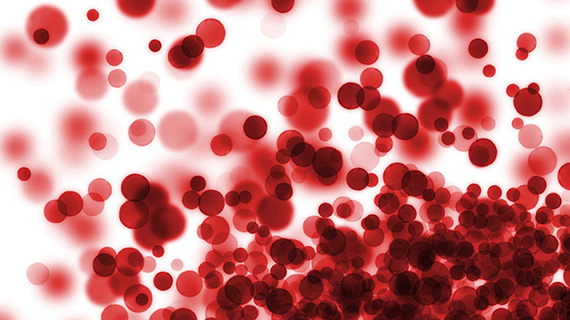Sanofi says new drugs can add €10bn to sales by 2030

Sanofi said this morning that its pipeline includes 12 potential blockbuster drugs that could generate more than €10 billion ($11 billion) in annual sales by the end of the decade, a sharp increase on earlier predictions.
The announcement came in the build-up to an R&D presentation to investors that will be held in New York later today, and also after the France-headquartered group issued a surprise rise in R&D spending accompanied by a profit warning in October that saw its share price come under pressure.

All eyes are now on today’s update for details of that change in direction announced by chief executive Paul Hudson, who told the Financial Times this week that he should have explained the plan earlier and more fully to shareholders.
The headline of today’s announcement is that Sanofi’s late-stage pipeline includes nine assets with €2 billion-a-year to €5 billion-a-year sales potential – including three that are viewed as a “pipeline-in-a-product” and could top €5 billion at peak – that justifies the increase in R&D spending.
Sanofi has pledged to increase the number of phase 3 trials by 50% between 2023 and 2025, saying that will create the “largest pipeline momentum in Sanofi’s history,” with a particular focus on immunology.
The aim is to prepare for the onset of biosimilar competition in the 2030s to Sanofi’s current immunology blockbuster Dupixent (dupilumab), which is predicted to top $14 billion in sales this year from an ever-lengthening list of indications associated with type 2 inflammation.
The three pipelines-in-a-product are anti-OX40 antibody amlitelimab, which recently generated positive phase 2b results in atopic dermatitis, anti-CD40L antibody frexalimab which is in mid-stage testing for multiple sclerosis, and SAR441566, an orally-active TNF blocker that Sanofi thinks could be the biggest drug it has ever developed.
Another potential blockbuster highlighted in the update is BTK inhibitor tolebrutinib, hoping to succeed in MS where others in the class – including, most recently, Merck KGaA’s evobrutinib, abandoned this week on efficacy grounds – have failed.
Sanofi has high hopes for two asthma candidates – TSLP-targeting lunsekimig and oral BTK inhibitor rilzabrutinib – along with an anti-TL1A drug for inflammatory bowel disease, an IRAK4 degrader for atopic dermatitis, IL-33 inhibitor itepekimab for chronic obstructive pulmonary disease (COPD), and vaccines against acne, extra-intestinal pathogenic Escherichia coli (EPEC), and respiratory syncytial virus (RSV).
“Building on our successful recent launches, we are making decisive choices to deliver breakthrough medicines and long-term value for all of our stakeholders,” said Hudson. “We are confident in our current product portfolio and the strength of our pipeline to deliver sustainable growth through 2030 and beyond.”













